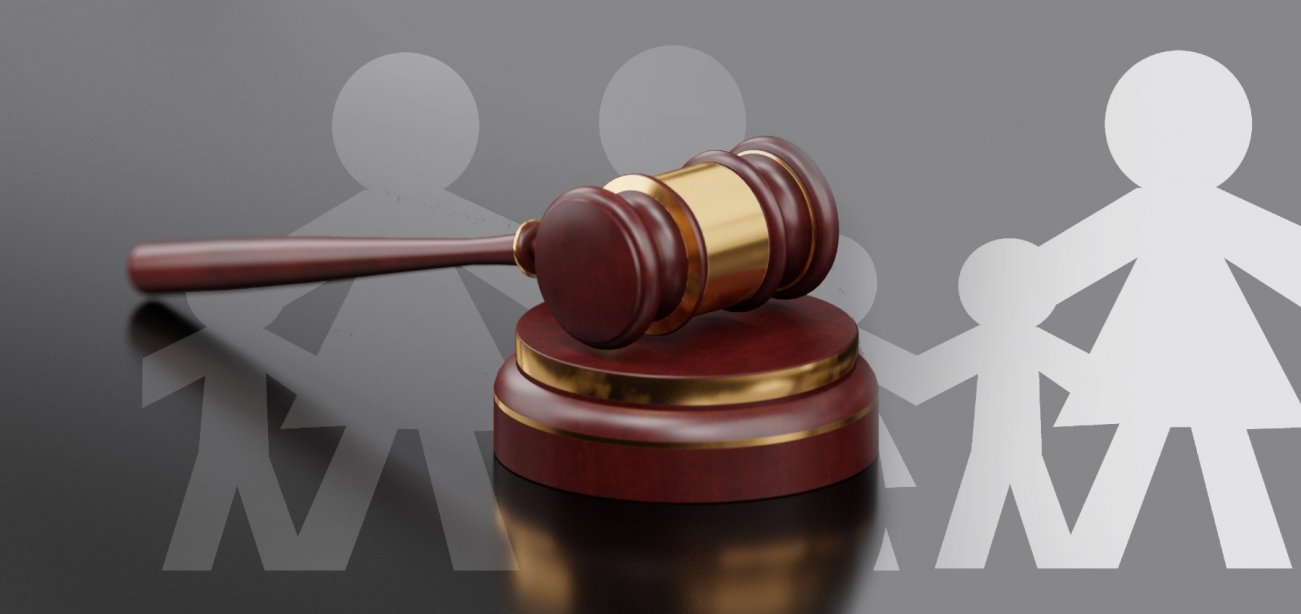« Back to News
What Happens in a Family Court Hearing?
24 November 2025
When relationships break down, not every issue can be resolved amicably.

Disagreements about children or finances can quickly become complex and that’s where the family court system steps in. In England and Wales, family court hearings provide a structured, legally backed way to resolve disputes, always keeping the child’s welfare at the centre of any decision.
Here’s a clear guide to what family court hearings are, when they apply, and how we can help you navigate them.
What Do Family Court Hearings Cover?
Family court hearings deal with a broad range of issues. Broadly, these fall into two key categories:
1. Private Law Matters
These are disputes between individuals, usually family members, often parents who cannot come to an agreement themselves.
- Child Arrangements
One of the most common reasons for court involvement. These hearings decide where a child will live and how time is divided between parents, or with other family members such as grandparents.
- Financial Issues
Separation and divorce often lead to complex financial questions: how to split property, assets, and debts. If negotiation fails, the court can step in to issue legally binding decisions.
- Other Family Disputes
Sometimes, it’s not just parents involved. Other family members (guardians, grandparents) may apply to become part of a child’s life, and the court may have to decide on their role.
2. Public Law Matters
These cases involve the local authority, stepping in when there are serious concerns about a child’s safety or welfare.
- Local Authority Intervention
If social services believe a child is at risk, for example, due to neglect, abuse, or domestic violence, they can apply to the court for protective measures.
- Care Orders
These place a child under the care of the local authority, either temporarily or permanently, where it’s judged that remaining at home isn’t safe.
- Emergency Protection Orders
If there is an immediate risk to a child’s safety, the court can issue an order to remove the child from danger quickly.
In all these situations, the court’s primary focus remains on the best interests of the child.
When Do Family Court Hearings Apply?
Court hearings don’t happen automatically; there are specific times and processes that lead to them:
- After a Formal Application
Someone (a parent, another family member, or a local authority) must apply for a court order.
- When Agreements Break Down
Though mediation is strongly encouraged, if parties cannot reach a resolution, hearings become necessary.
- Where a Child’s Welfare Is at Risk
Serious concerns (e.g., neglect or abuse) may trigger urgent court action.
- Following the First Hearing Dispute Resolution Appointment (FHDRA)
Once an application is filed, the court may arrange an FHDRA. This is an initial meeting with the goal of clarifying issues and seeing if agreement is possible without a full trial.
- After Fact-Finding Hearings
In cases involving serious allegations (for example, domestic violence), a separate hearing may be held just to establish the facts.
- At Final Hearings
If no agreement has been reached, the case may go to a final hearing, at which both sides present evidence and arguments, and a judge gives a binding decision.
Key Terms to Know
Navigating the family court system can feel overwhelming, especially with legal terminology. Here are some common key terms:
- First Hearing Dispute Resolution Appointment (FHDRA): A preliminary court meeting to identify the main issues and explore possible agreement.
- Fact-Finding Hearing: A hearing to determine what occurred, especially when there are serious allegations.
- Final Hearing: The decisive hearing where evidence is presented and the judge makes a final order.
- Child Arrangements Order: A court order that decides with whom a child lives and how much contact they have with others.
- Prohibited Steps Order: Prevents a parent from taking certain actions, such as removing a child from the country without permission.
- Emergency Protection Order: A rapid court order to protect a child from immediate harm.
- Supervision Order: The local authority supervises a child’s welfare, but the child remains at home.
- Care Order: Gives the local authority parental responsibility for a child.
- Cafcass: The Children and Family Court Advisory and Support Service; they advise the court on a child’s best interests and often meet with parents and children during the process.
What Is the Court’s Objective?
At every stage, the overriding concern of the family court is the best interests of the child. Even when difficult decisions must be made, the court strives to provide safe, stable, and fair arrangements, balancing what each party needs with what is best for the child.
How We Can Help You
If you are facing or anticipating a family court hearing, having experienced legal support makes a huge difference. Our family law team offers:
- Expertise across a full range of family law matters, from child arrangements to financial remedy work.
- Tailored advice: we recognise that each family and situation is unique.
- Support through the court process, whether that means guiding you through the First Hearing and Dispute Resolution Appointment (FHDRA), representing you in a fact-finding or final hearing, or advising on protective orders.
- Compassionate advocacy: we understand how stressful and emotionally taxing family court can be, and we aim to provide steadiness, clarity, and strong representation throughout.
Family court hearings are not about blame, they’re about finding constructive, legally enforceable solutions when private negotiations break down. Whether you’re navigating child arrangements, resolving financial disputes, or dealing with serious welfare concerns, the court system is there to help.
If you’re unsure whether you need to go to court or you already have a hearing scheduled, don’t face it alone. Get in touch so we can help you understand your options, prepare your case, and work towards the best possible outcome.
Contact us today or call 01202 294411 to book a consultation or discuss your situation.
Further Information
